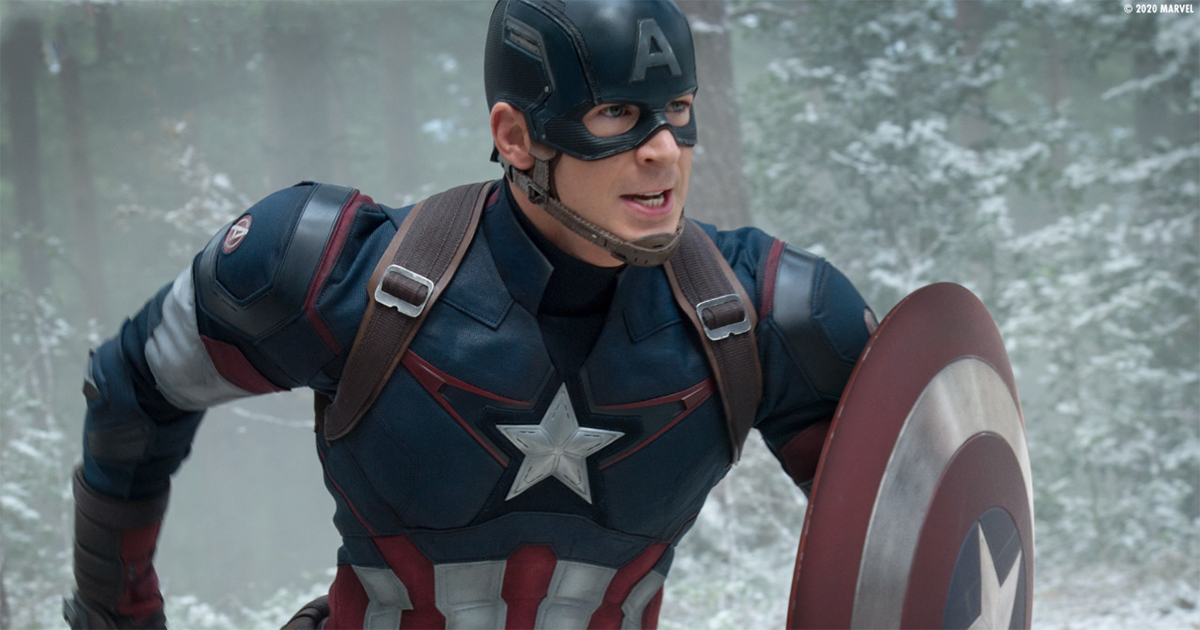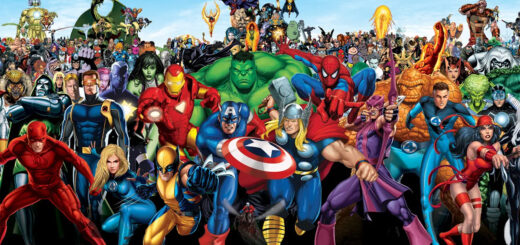Captain America: A Timeless Symbol of Heroism and Justice

Origin and Creation
Captain America, whose civilian identity is Steve Rogers, was created by Joe Simon and Jack Kirby. He made his debut in the comic book Captain America Comics #1 on December 20, 1940. The character was a response to the growing threat from Nazi Germany, even before the United States entered World War II.
Steve Rogers was originally a frail young man who was transformed into the pinnacle of human physical perfection through an experimental super-soldier serum developed by Professor Abraham Erskine. Clad in a patriotic costume and armed with a nearly indestructible shield, Captain America became a symbol of American ideals and played a crucial role during the war.
Abilities and Role in the Marvel Universe
Thanks to the super-soldier serum, Steve Rogers possesses superhuman strength, endurance, agility, speed, reflexes, durability, and healing ability. His indestructible shield serves both as a defensive tool and as a weapon. Throughout his comic book history, Captain America has been portrayed as the moral center of the superhero team the Avengers. He is often depicted fighting against villainous entities such as Red Skull and other members of the Axis powers.
In the Marvel Cinematic Universe (MCU), Rogers is a foundational character. Played by Chris Evans, Captain America has pivotal roles in several films, leading up to the battle against Thanos and culminating in him passing on his mantle to Sam Wilson.
Cultural Impact
Captain America extends beyond his comic book roots to embody American values and patriotism. Created as propaganda during World War II, he became a symbol of hope and resilience. Over the decades, his character has been adapted to reflect changing societal values and geopolitical landscapes.
Highlights of Captain America’s cultural influence include his portrayal in serial films from the 1940s, feature films, animations, video games, and even a Broadway show. In the post-9/11 era, Captain America’s stories began to explore modern themes of American identity and global politics. His death and subsequent resurrection in the comics generated significant media attention, demonstrating his importance in American popular culture.
Legacy: More Than Just a Superhero
Captain America’s legacy is built on more than his superhuman abilities. He represents the best of American ideals—courage, altruism, and justice. Steve Rogers’ journey from a frail young man to a revered superhero serves as an inspiration for generations.
“Truth always prevails” could easily be Captain America’s guiding principle. His story proves that heroes are not born; they are made through their actions and willingness to stand up for what is right.
A Hero for All Times
Captain America continues to be a relevant and beloved character, even in today’s modern world. His ability to adapt to changing times while holding onto his core values makes him a timeless symbol of heroism and justice.
In an era of global uncertainty and rapid change, Captain America stands as a reminder of the importance of integrity, compassion, and fighting for what is right, regardless of personal cost. His influence extends far beyond the pages of comic books and into our collective consciousness, inspiring us all to strive to become better versions of ourselves.
Whether in comic books, films, or as a cultural icon, Captain America continues to capture our imagination and remind us of the power of human potential and unwavering determination. He is truly a hero for all times, whose legacy will continue to inspire future generations.


























